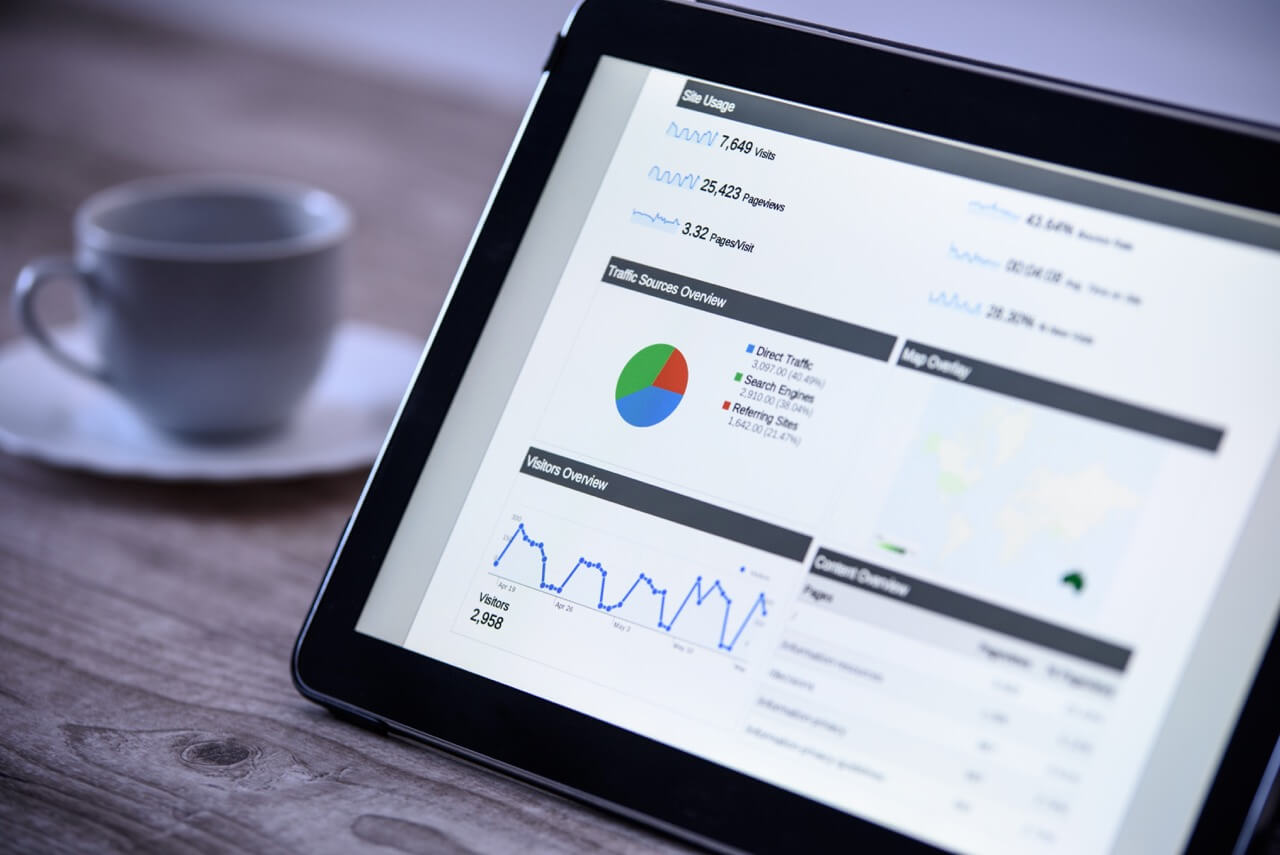5 Things to Know Before Jumping into Pay-Per-Click

1) Your Audience
Your audience is the most important factor when starting PPC (pay-per-click). They are the one actively searching and buying your product or service, so it’s best to know how to target them. Targeting users can include sites they would frequently visit, where they are located geographically and general demographics, to name just a few.
2) Your Goal for Adwords
What are you looking to accomplish by using Adwords? Are you trying to get more people to visit your site? Are you trying to build brand awareness? Knowing what you would like to use Adwords for will help answer a lot of setup questions. For example, if you are a newer company and are just hoping to get your name out there, display ads may be the way to go, but if you are established and want to increase how many people contact you via your website, search ads may be your avenue.
3) Your Target Cost Per Lead
Your cost per lead is a great number to know regardless, but in Adwords, this will help to make sure your money is being used effectively and efficiently. If you estimate that you will still make money if you pay $100 for a new sales lead, that amount is the highest you should aim for with paid ads. Once you go drastically over your cost per lead, you may find that your campaigns need adjusting, or that you should adjust your approach when using paid ads.
4) Level of Satisfaction with Your Website
Your ads will ultimately lead users to your website, where that needs to be the big selling factor for a user to call your business, submit a form or take an action. View your site as a consumer. Are you able to easily find information you’re looking for? Is it easy to contact your business should someone have questions? Is it mobile friendly? If you are able to answer no to any of those questions, there may need to be a bit of improvement on your site before launching a campaign.
5) PPC Isn’t a Band-Aid; it’s a Supporting Factor
At MPW, we suggest that PPC should complement your other marketing initiatives, especially your online marketing initiatives. Specifically, when you are working on the SEO for your website, PPC helps to establish more real estate on the search engine results page (SERP) than just a paid ad or organic listing, alone. Seeing your paid ad, and then coming across an organic listing, helps to make an association from the keyword the user is searching to your brand that you are an expert. Especially if the user then clicks on the organic listing, this is even better. You receive the benefit of getting the click organically, with the real estate of two listings, without having to pay for the click.
Stay Informed.
Join Our Monthly Email Series.